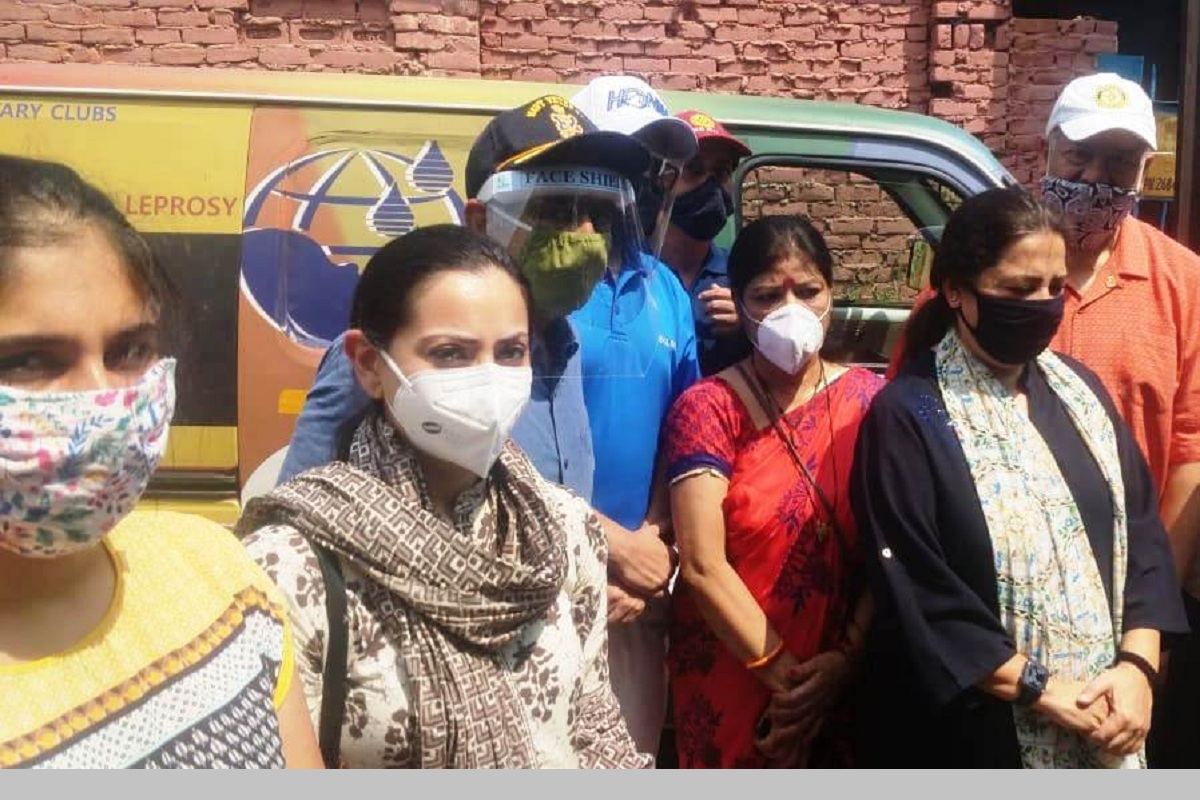There has been a focus on integrating the National Leprosy Eradication Programme (NLEP) with other health programmes in the last two years to further mainstream leprosy prevention and leprosy care, says an expert.
A global panel, comprising experts from diverse disciplines and geographies, touched upon the challenges they encountered and foresee in preventing and eliminating the Neglected Tropical Diseases (NTDs), which are largely endemic in low-income and middle-income nations in Asia, Africa, and Latin America.
The global panel discussion was jointly hosted by The Leprosy Mission Trust India (TLMTI), Sasakawa Health Foundation (SHF), Disabled People’s International (DPI) and National Centre for Promotion of Employment for Disabled People (NCPEDP) on World NTD Day and World Leprosy Day.
Advertisement
Launching a report on the impact of COVID-19 on people affected by leprosy and other disabilities, Dr Anil Kumar, Deputy Director-General, Ministry of Health and Family Welfare, highlighted how leprosy-related services continued at the grassroots level despite the pandemic.
“In the last two years, we have been focussing on integrating the National Leprosy Eradication Programme (NLEP) with other health programmes to further mainstream leprosy prevention and leprosy care. While pandemic tried to put brakes on our efforts, especially towards screening and detecting cases, but we have again gained momentum,” Dr Kumar said.
In some cases, fear of an unknown disease and mobility restrictions forced people to stay indoors, despite their conditions aggravating. “As an organisation focussed on healthcare and rehabilitation of leprosy and other NTDs, we realised how much more difficult it is for people to handle the dual anxiety of disease progression and traveling to a healthcare amidst restrictions and risk of COVID-19 transmission,” Dr Premal Das, Executive Director, The Leprosy Mission Trust India said.
He mentioned the initiatives such as mobile therapy clinics, video counselling, and Tele-counselling that his organisation has been undertaking to mitigate the impact.
Dr Nanri Takahiro, Executive Director, Sasakawa Health Foundation, called for a more unified approach to address the double whammy of COVID-19 and leprosy. “The pandemic threatened to undo whatever gains we managed to eliminate leprosy. Resource mobilisation was a challenge and even routine activities were disrupted to an extent. However, there is a silver lining. The pandemic also demonstrated the power of collectivism. I see immense potential in international collaborations and co-creating solutions for ending transmission and neglect,” Dr Takahiro said.
Most of the NTDs, including leprosy, are disabling diseases if they are not checked and treated on time, and there is a strong connection between disability and inaccessibility. That’s what the pandemic has exposed, believes Sruti Mohapatra, Vice-Chairperson, DPI India and Founder and CEO, Swabhiman and Convenor Odisha State Disability Network.
Advertisement












